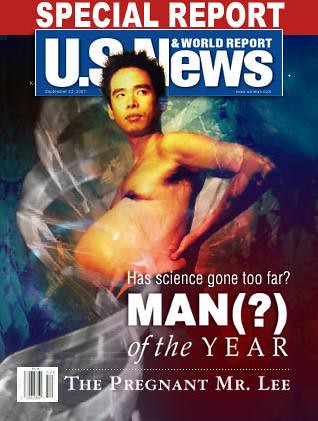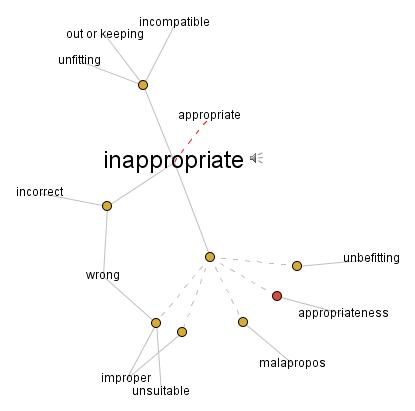But I do pay a price, having to sit through some awful productions when I know someone in the show, or I’m seated next to the director, or I’ve left my bike with the box office staff because there was no place to lock it up outside and I just don’t feel right asking for it back during the intermission for a show I got free tickets to (I wonder why they were free?).
A bad performance is one thing, but a bad audience can also sully an otherwise good show. Late-comers blocking my view, cell phones ringing (and owners answering!), candy wrappers crinkling, private conversations that everyone within 10 feet can hear. You know, people who behave as though they’re sitting in their living room watching a DVD.
“So what,” you ask, “does this have to do with the library?”
Marriott Library has just purchased access to the Theatre in Video* database. So now I (and you) can enjoy a theatre performance and not have to feel guilty if I stop watching halfway through, or worry about inconsiderate audience distractions.
Because this is an online, streaming resource, I can choose when and where I want to watch it (unlike videos from the Multimedia Center, which need to be watched in the library). In addition to plays, it has documentaries and interviews with theatre artists (such as Arthur Miller and Israel Horovitz Discuss Theater). I can create clips of my favorite parts to share with my friends (look for the clip links for Mummenschanz—the toilet paper mimes from Sesame Street, remember?!) And I can see shows from when I was just a kid (check out Meryl Streep in Alice in the Palace, a made-for-TV adaptation of a Joseph Papp-conceived/directed production for the New York Shakespeare Festival, a musical she did between Kramer vs. Kramer and Sophie’s Choice).
Speaking of Shakespeare, Marriott Library has paid extra to provide access to BBC productions of all 37 of the Bard’s plays. And the Theatre in Video database is not yet complete. Alexander Street Press has only uploaded half of the titles they plan to include.
You better start now, if you want to watch them all!
*If you are off campus, you will need to authenticate your browser session by logging in to my.utah.edu first. Theatre in Video is also available from Marriott Library's Article Databases list.

















